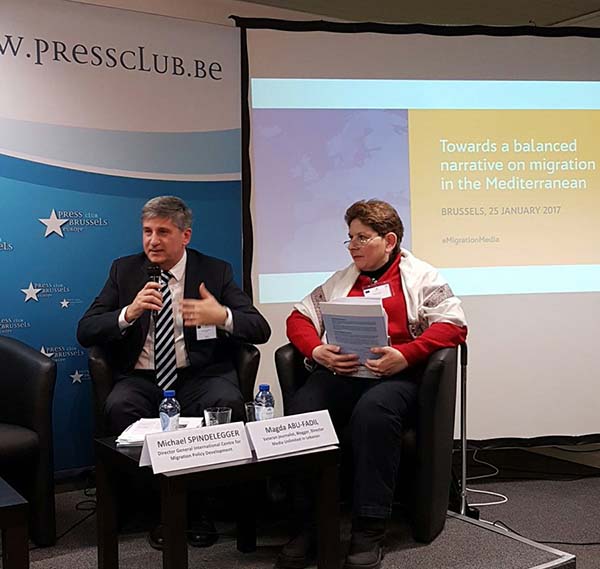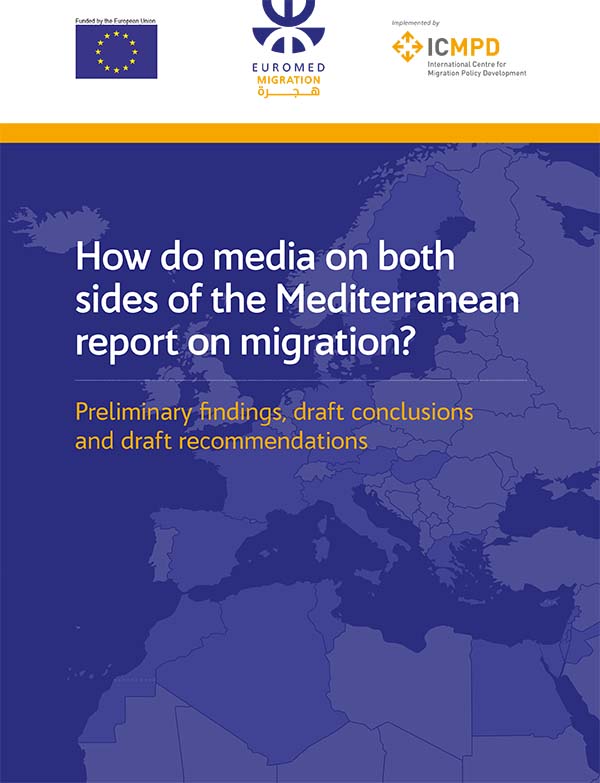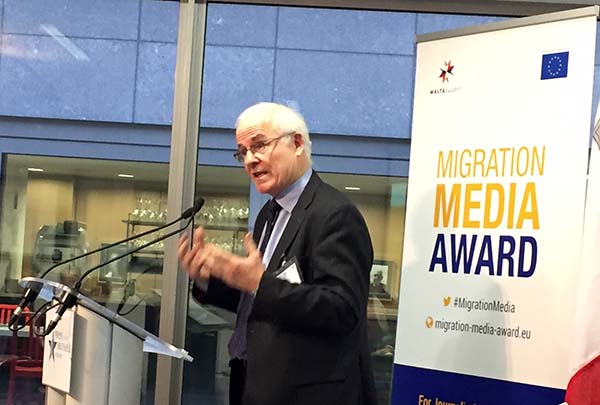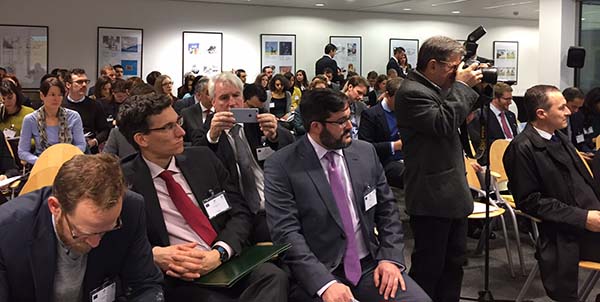Can media cover migration effectively and are adequate resources provided for such a gargantuan endeavor, notably in Mediterranean countries facing an unprecedented influx of people seeking shelter from conflicts and better economic opportunities?
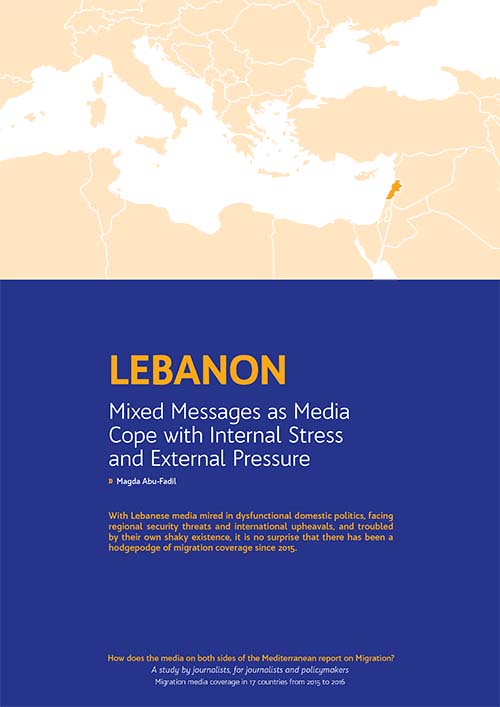
Lebanon chapter of media migration report
“How does the media on both sides of the Mediterranean report on Migration? A study by journalists, for journalists and policymakers: Migration media coverage in 17 countries from 2015 to 2016” is a joint effort of the Ethical Journalism Network, the European Union, Euromed Migration and the International Center for Migration Policy Development.
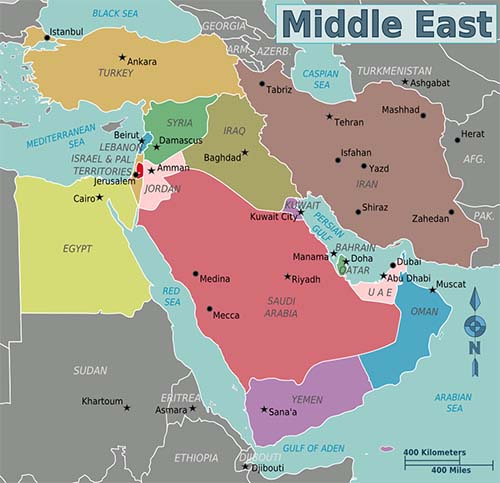
Middle East map with Lebanon in the eastern Mediterranean
Media Unlimited director Magda Abu-Fadil penned the report’s Lebanon chapter. It provides 11 case studies of media controversies in 2016 arising from migration-related coverage.
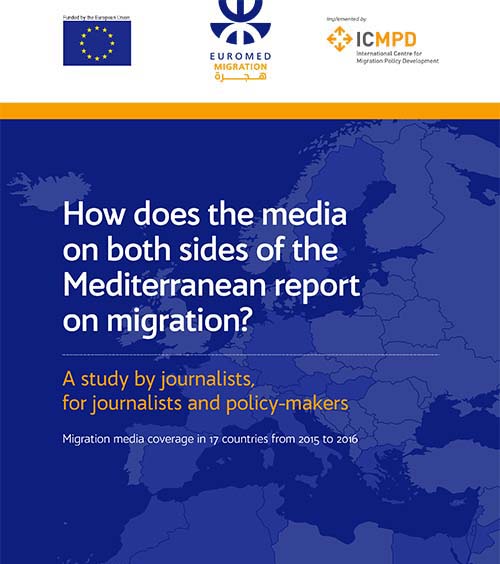
Media migration report
The Lebanon chapter, “Mixed Messages as Media Cope with Internal Stress and External Pressure,” sheds light on how Lebanese media mired in dysfunctional domestic politics, facing regional security threats and international upheavals, and troubled by their own shaky existence, have produced a hodgepodge of migration coverage since 2015.
Although glossaries of migrant-related terminology – provided by international organizations and NGOs – exist, journalists covering the story still use terms like “migrant,” “refugee” and “settler” incorrectly and interchangeably.
An executive summary of the report, released in May 2017, was presented at a pre-launch event at the Brussels Press Club during which organizers announced the creation of the Migration Media Award.
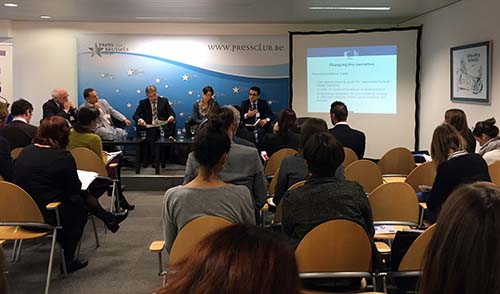
Brussels Press Club
“Moving Stories,” an earlier report by EJN, on how media cover migration worldwide, is available here [PDF}.

